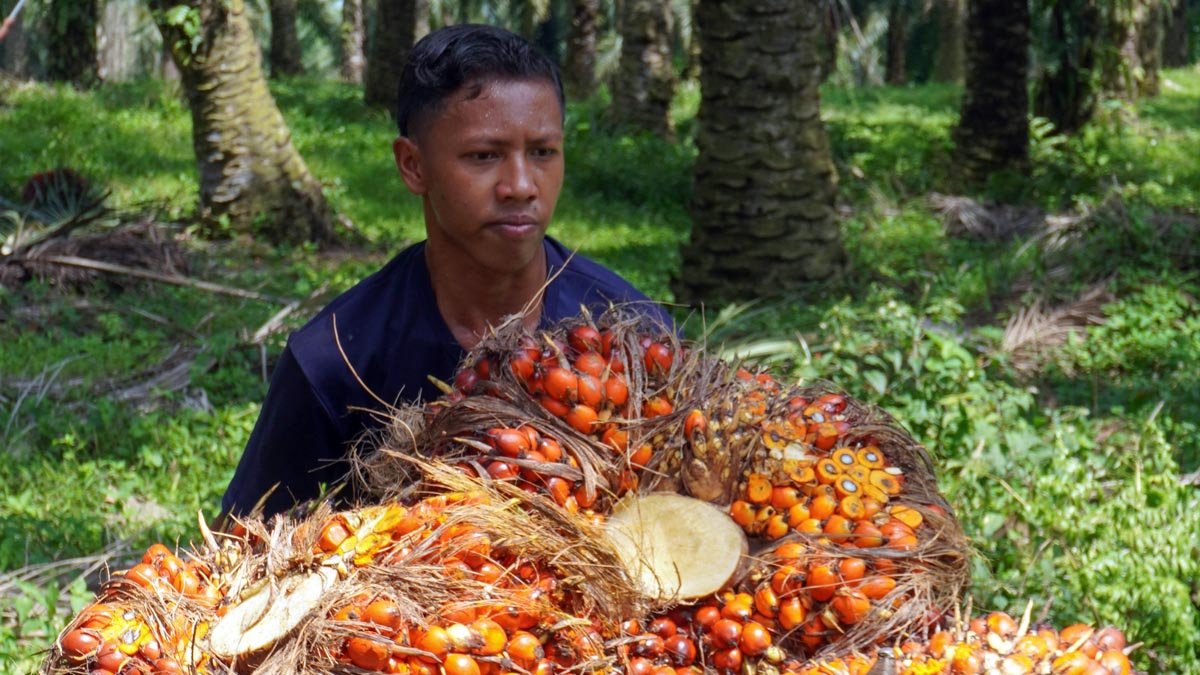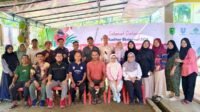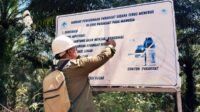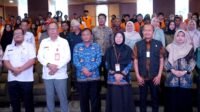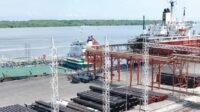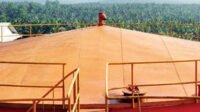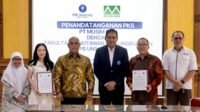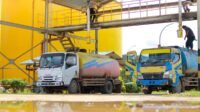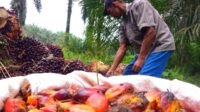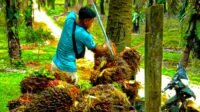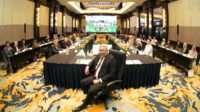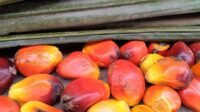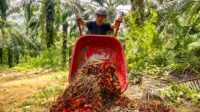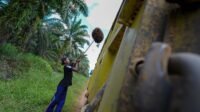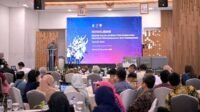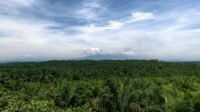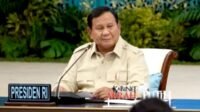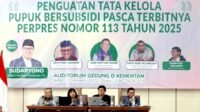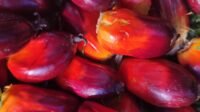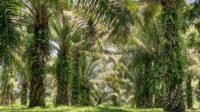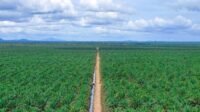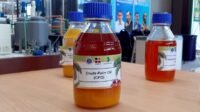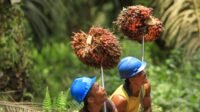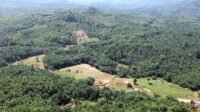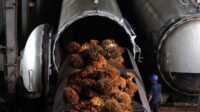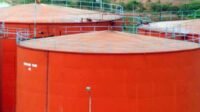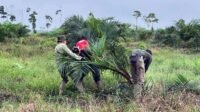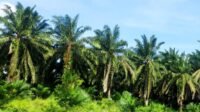PALMOILMAGAZINE, JAKARTA – Solidaridad shared its practical experience in issuing the Electronic Cultivation Registration Certificate (E-STDB) during the Siak Hijau dialogue forum in Riau. This forum serves as a discussion platform for various stakeholders, including the government, plantation companies, farmer cooperatives, and civil society organizations, to strengthen the traceability system for plantation commodities.
During a session attended by farmers, plantation associations, and district government representatives, Solidaridad highlighted the steps involved in issuing E-STDB using the eSTDB application from the Directorate General of Plantations, Ministry of Agriculture. The process includes farmer data collection, land mapping, document submission, field verification, and finally, E-STDB issuance for independent oil palm farmers.
Dwi Anggreini, Junior Programme Officer at Solidaridad, who led the coaching clinic session, explained that land mapping is conducted using a polygon method to obtain accurate plantation coordinates. Verified documents are then uploaded to the eSTDB application by field facilitators, with access provided by the district/city administration. Following final verification by the plantation office, the E-STDB is electronically issued by the head of the plantation office or the regional head.
“We hope this experience helps independent oil palm farmers understand the E-STDB application process so they can quickly obtain legal recognition for their businesses,” said Dwi in a written statement received by Palmoilmagazine.com on Tuesday, March 18, 2025.
E-STDB is a key requirement for farmers seeking Indonesia Sustainable Palm Oil (ISPO) certification. Legal compliance is also crucial in meeting global traceability regulations, such as the European Union Deforestation-free Regulation (EUDR), which will take effect in 2025 for large companies and in 2026 for micro and small enterprises.
Yeni Fitriyanti, Country Manager of Solidaridad Indonesia, emphasized the importance of supporting independent farmers so they can meet sustainability standards and maintain access to global markets. “We prioritize inclusion and capacity building to help farmers meet export requirements and gain broader economic benefits,” she stated.
This initiative is part of the SAFE (Sustainable Agriculture Forest Ecosystems) project, which facilitates technical dialogue and regional coordination on palm oil, rubber, and cocoa supply chains in Indonesia, Malaysia, and Papua New Guinea. In collaboration with the Tropical Forest Alliance (TFA), PISAgro, and the Cocoa Sustainability Partnership (CSP), Solidaridad plays a key role in ensuring compliance with EUDR regulations and promoting sustainable plantation practices. (P2)

